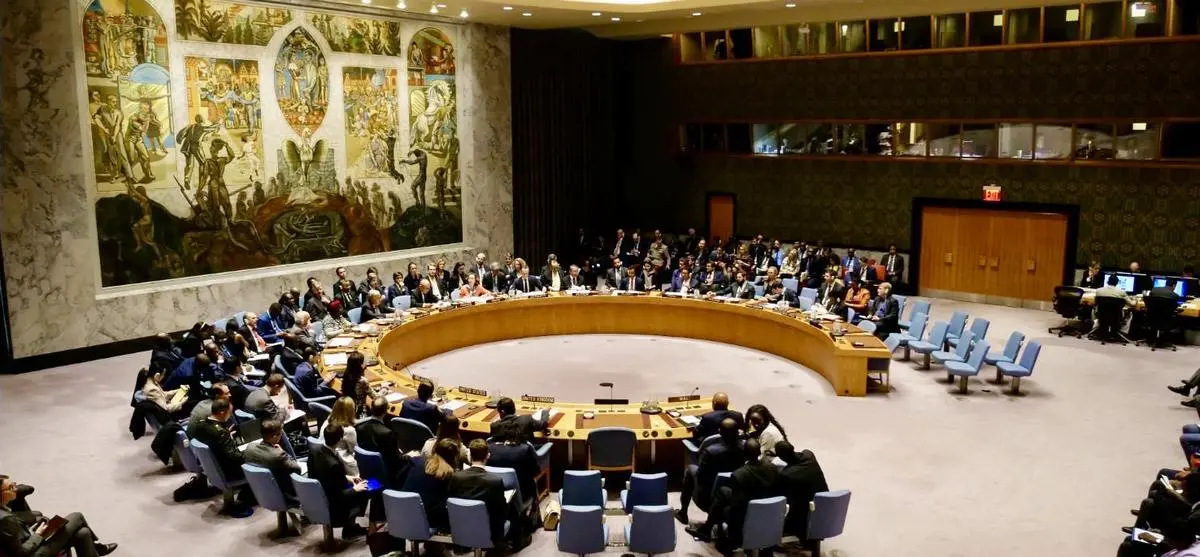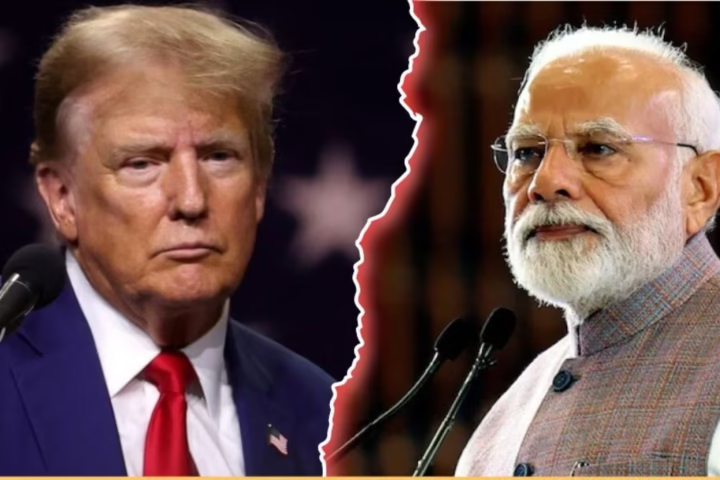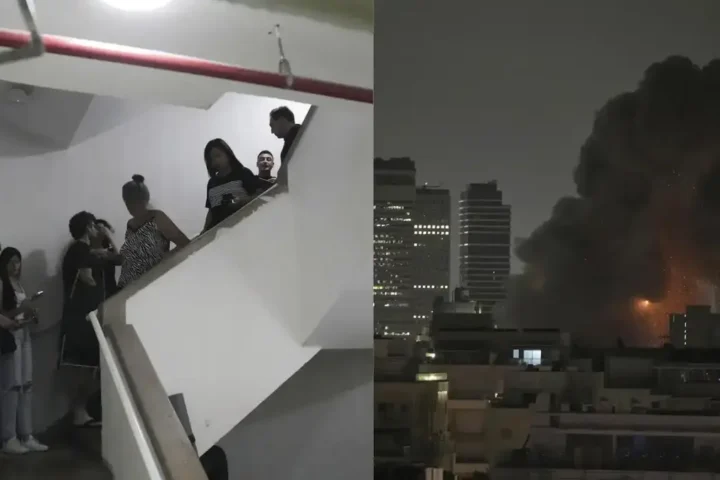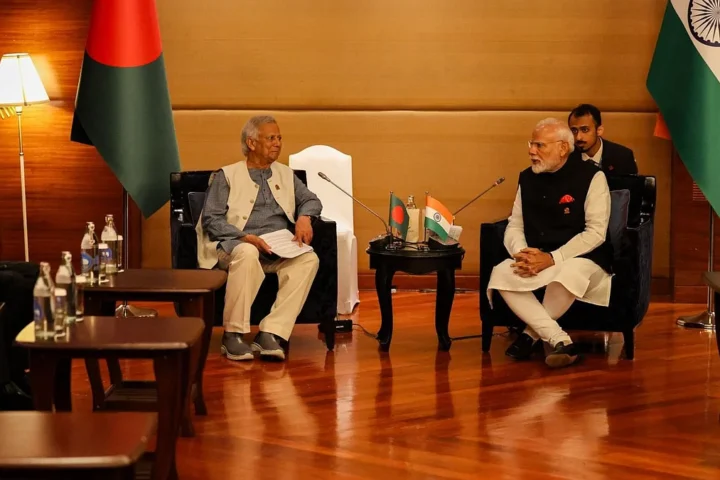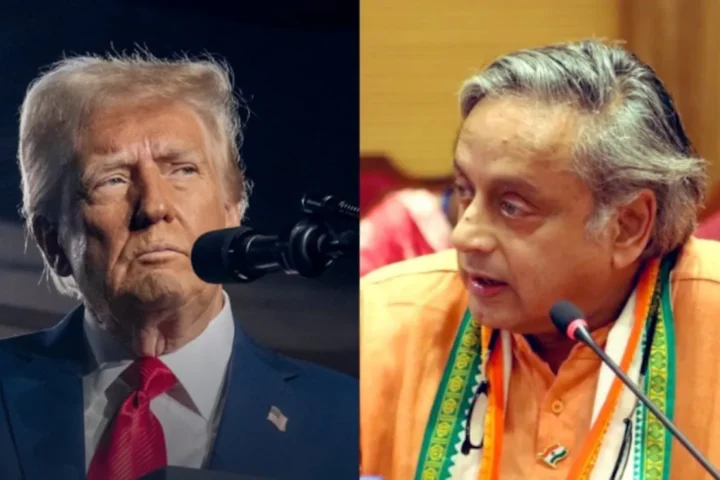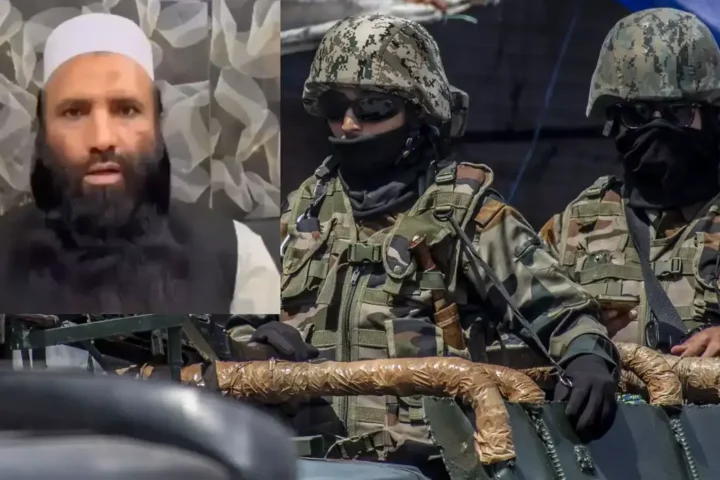The United Nations Security Council (UNSC) will convene a closed-door emergency session today to discuss the escalating tensions between India and Pakistan following the deadly Pahalgam terror attack that claimed 26 lives, mostly tourists.
The meeting, pushed by Pakistan and fast-tracked by Greece—the UNSC president for May—comes in the wake of India’s strong diplomatic and strategic response, which includes suspending the Indus Waters Treaty, revoking all Pakistani visas, and halting imports from Islamabad.
Pakistan Seeks UN Intervention
Stung by India’s swift countermeasures, Pakistan formally requested closed consultations, citing rising hostility between the two nuclear-armed neighbors. As a non-permanent member of the 15-nation UNSC, Pakistan’s appeal gained traction, prompting the meeting scheduled for this afternoon in New York.
The UNSC includes five permanent members with veto power—China, France, Russia, the UK, and the US—alongside ten rotating non-permanent members such as Pakistan, Greece, Denmark, and South Korea.
India Mounts Diplomatic Pressure
External Affairs Minister S. Jaishankar launched a high-level diplomatic outreach, briefing key global leaders and UNSC members (except China and Pakistan) on Pakistan’s role in cross-border terrorism. Jaishankar also held discussions with UN Secretary-General Antonio Guterres, and foreign ministers of the US, Russia, UK, France, and Greece.
In these conversations, India emphasized the urgency of holding perpetrators and backers of terrorism accountable and welcomed Greece’s unequivocal condemnation of the Pahalgam attack.
Greece Backs India’s Stand
Greek Ambassador Evangelos Sekeris, currently presiding over the UNSC, signaled support for India’s position, calling the Kashmir attack “heinous” and reaffirming Greece’s strong opposition to terrorism. Sekeris noted that the meeting could serve as a platform to defuse tensions and express crucial viewpoints.
UN Urges Restraint, Condemns Attack
Following the April 22 attack, the UN condemned the act of terror and called for maximum restraint from both sides. Secretary-General Guterres personally reached out to both India and Pakistan, stressing the need for peaceful resolution through constructive dialogue.
Interesting Read
India’s Message: Terror Has No Place for Dialogue
India remains firm—no talks without tangible action against terrorism. The Pahalgam attack has reignited global focus on Pakistan’s role in fostering cross-border violence, and New Delhi is making it clear that the issue is no longer bilateral—it’s international.
As the UNSC meets behind closed doors, all eyes are on what direction the global body will take in one of the most tense Indo-Pak moments in recent history.

